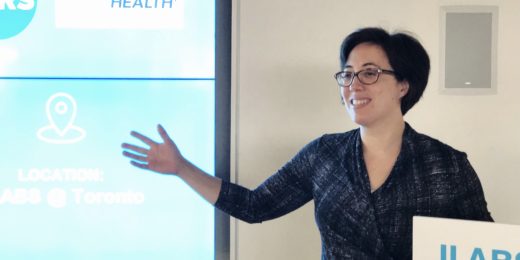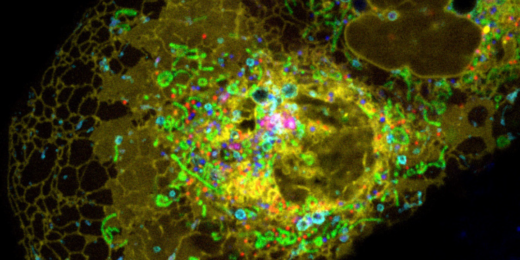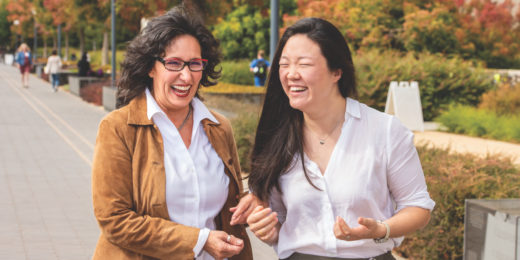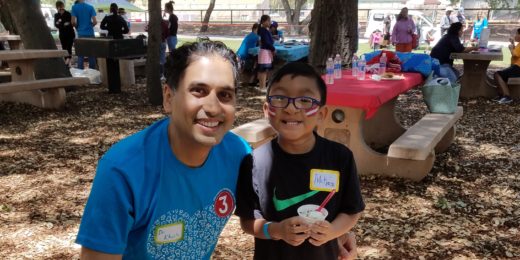A Stanford-led study of preschoolers in Pakistan identifies three factors that can help kids develop executive function and resilience.
Popular
Countdown to Big Data in Precision Health: When industry and academia converge
Ahead of the Big Data in Precision Health conference, Emma Huang from Johnson & Johnson Innovations discusses collaborations between industry and academia.
All the proteins on the job: A faster, more accurate way to examine the proteome
A team of Stanford researchers has developed a new model to more accurately identify proteins from a mass spectometry sample.
Promos spark teens’ use of nicotine products, Stanford study finds
Teenagers who owned promotional items for nicotine-containing products were twice as likely as other teens to start using the products.
How much does physician burnout cost? Researchers come up with a number
Physician burnout costs health care organizations about $7,600 annually for each physician they employ, Stanford researchers have found.
Learning the risk of genetic disease through Humanwide
A patient worried that cancer may run in her family finds answers through genetic testing offering by Stanford Medicine's Humanwide project.
Two young brothers saved by new stem cell transplant technique
A method that broadens the pool of potential donors for stem cell transplants recently saved two young brothers from a severe genetic disease.
“Useful and validated”: Event celebrates connections between patients, caregivers and medical trainees
A recent event recognizes patients and caregivers who volunteer at Stanford Medicine, including those who partner with medical students as part of a class.
Life in a lab: How bicycling led to a career in science
Joy Franco, a graduate student in engineering, is a part of Stanford's Wormsense lab. This piece features an audio story with Franco on her life in science.
Avoiding health surprises through Humanwide
After receiving a donated kidney from his father, a patient strives to stay healthy by monitoring key data with a Stanford Medicine Humanwide team.
Muting an inflammatory loudspeaker on immune cells shrinks acute stroke damage
Selectively subduing a set of cells that migrate to the brain after a stroke occurs could meaningfully treat the stroke even days later.
Simplified analysis could lead to improved prosthetics, a Stanford study suggests
Stanford researchers develop a simplified method for decoding electrical activity in the brain, which could lead in the future to improved prosthetics.
Sports stats may help cancer clinicians predict outcomes
Stanford clinicians take their cue from sports and election predictions to calculate an "in-game probability" of success when treating cancer patients.
Stanford team induces mice to see specific things that aren’t there
The real question a new study suggests, isn't why some people occasionally experience hallucinations: It's why all of us aren't hallucinating all the time.
Helping young cleft palate patient feel like a star
10-year-old Mathias Dizon fulfilled a promise to sing the national anthem at the Stanford Children’s Health Cleft and Craniofacial Center's annual patient and family picnic.
Microbes pepper our tissues with mysterious tiny proteins likely to affect health
The bacteria in our gut make tiny, previously unidentified proteins that could shed light on human health and advance drug development.

















